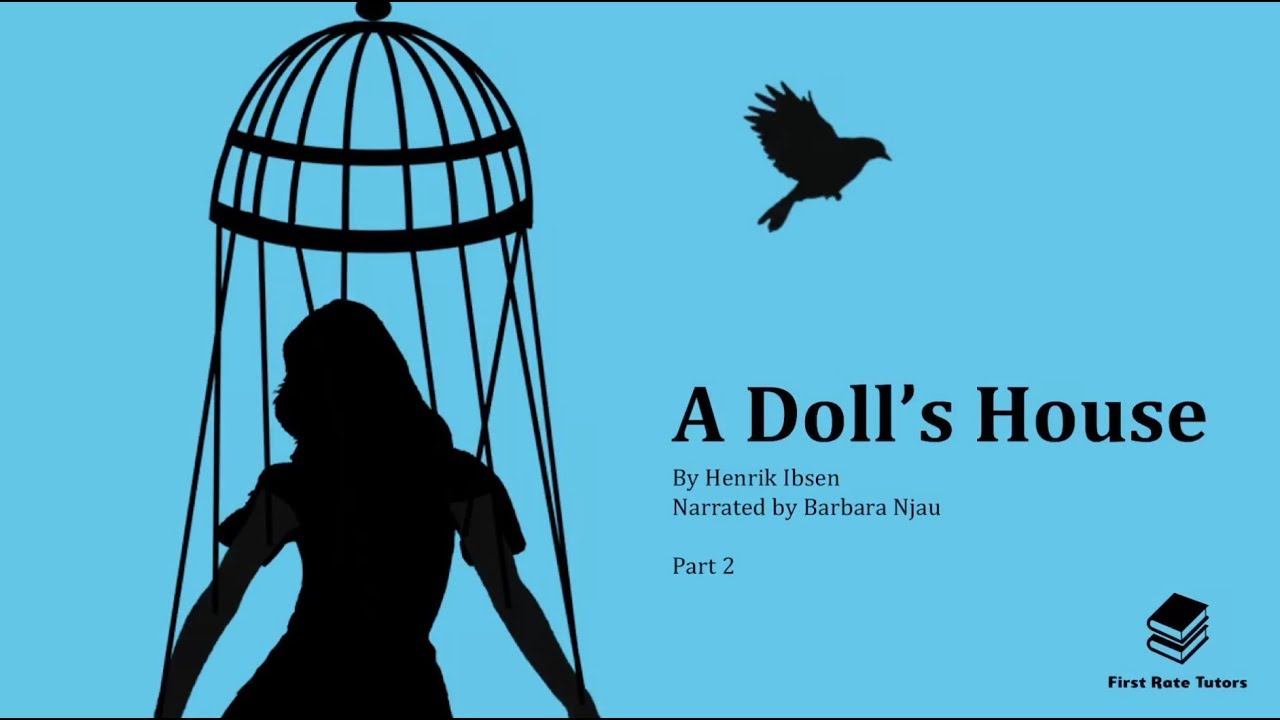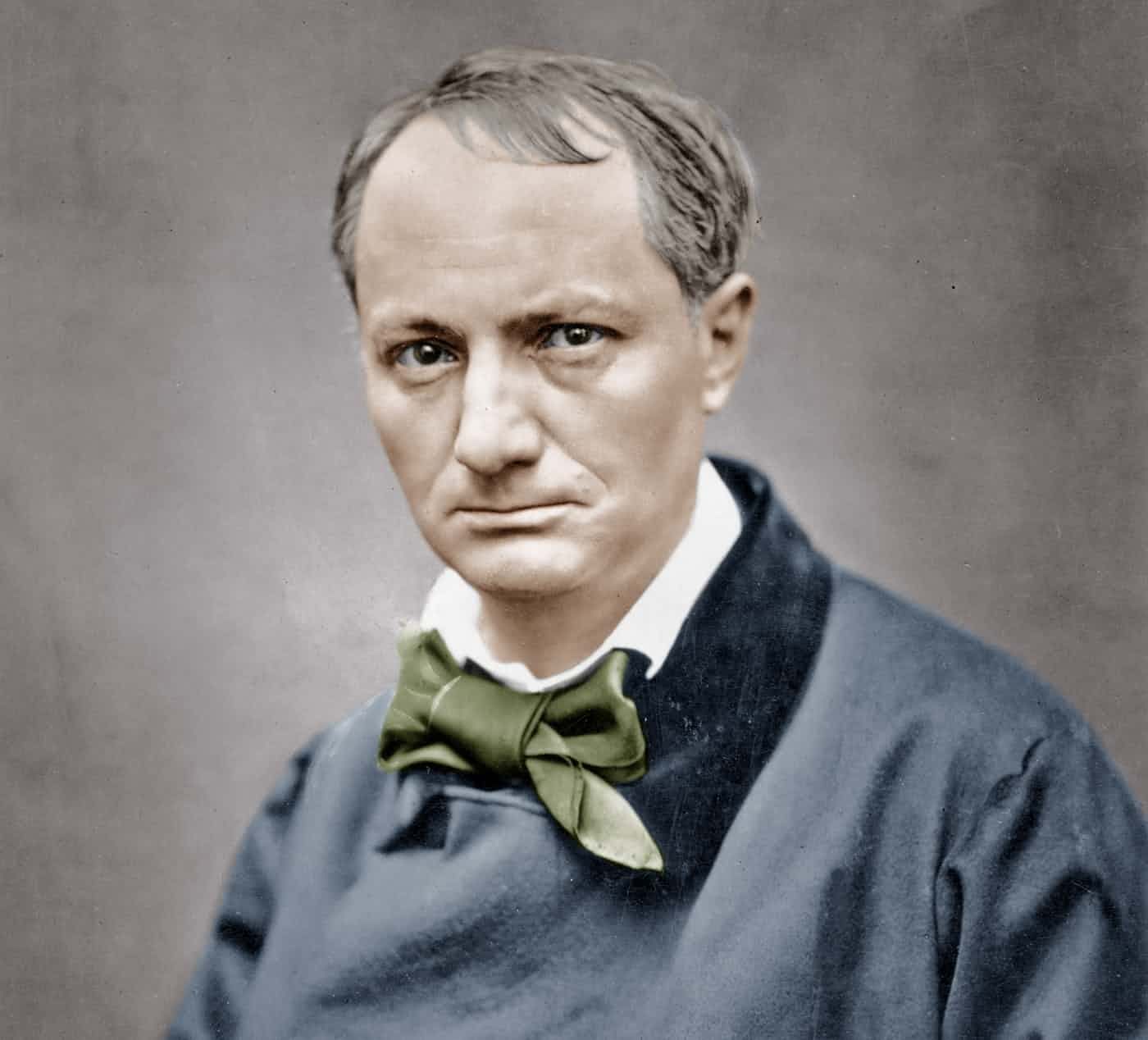Section outline
-
Message from the Instructor
Welcome to this course titled, "ENG 423- European Literature in Translation". This course explores and critically evaluates the shift in worldviews from liberal humanism to modern existentialist views in literature, specifically in European literature in English translations. In this course, we intend to study the notable works of authors from different parts of Europe-- France, Norway, Italy, Germany etc. These literary works are discussed in their historical and cultural contexts as well as political context. Starting from a very humanistic perspective, this course tries to analyze the understand the contents from an interdisciplinary perspective as well.
To give you a clear idea, this course is intended to provide students with a clear understanding of European literature in translation and its reception in contemporary culture in order to facilitate the development of independent critical thinking.
I hope you enjoy the course and hope for the best.
Farjana Yesmin
Lecturer, Department of English, Daffodil International University
Cellphone: 01955275030
Email: farjana.eng@diu.edu.bd
Course Title and Code: ENG 423- European Literature in Translation
Course Description: [See the attached course outline]
Course Objective: [See the attached course outline]
Marks Distribution: [See the attached course outline]
Course Contents:
1. Charles Baudelaire: “The Alchemy of Sorrow”, “The Albatross”, “Anywhere Out of the World” “The Eyes of Beauty” “The Stranger” and “The Soul of Wine”
2. Henrik Ibsen: A Doll’s House
3. Leo Tolstoy: “The Death of Ivan Ilich”
4. Franz Kafka: The Metamorphosis
5. Albert Camus: The Outsider
Recommended Reading:
1. Camus, Albert. The Myth of Sisyphus. Hamish Hamilton, 1955.
2. Dell, Jim, editor. Memorable Questions from Albert Camus. Jim Dell, 2012.
3. Frye, Northrop. Educated Imagination. Anansi, 2002.
4. Jahn, Gary R. The Death of Ivan Ilich: An Interpretation. Twayne Publishers, 1993.
5. Kafka, Franz. Franz Kafka’s The Metamorphosis. Edited by Harold Bloom, Chelsea House Pub, 1988.
6. Kafka, Franz. The Metamorphosis: A Norton Critical Edition. Edited by Stanley Corngold, W. W. Norton & Company, 1996.
7. Knight, G. Wilson. Ibsen. Oliver and Boyd, 1962.
8. Schoenberg, Thomas J., et al., editors. Twentieth-Century Literary Criticism. Gale, 2005.-
Upload your video on google drive and paste the link in the very page of your quiz
-

Lesson: A Doll's House by Henrik Ibsen

A Doll's House is a three-act play written by Norwegian playwright Henrik Ibsen. It premiered at the Royal Theatre in Copenhagen, Denmark, on 21 December 1879, having been published earlier that month. The play is set in a Norwegian town circa 1879.
The play is significant for the way it deals with the fate of a married woman, who at the time in Norway lacked reasonable opportunities for self-fulfillment in a male-dominated world, despite the fact that Ibsen denied it was his intent to write a feminist play. It aroused a great sensation at the time, and caused a "storm of outraged controversy" that went beyond the theatre to the world newspapers and society.
In 2006, the centennial of Ibsen's death, A Doll's House held the distinction of being the world's most performed play that year. UNESCO has inscribed Ibsen's autographed manuscripts of A Doll's House on the Memory of the World Register in 2001, in recognition of their historical value.
The title of the play is most commonly translated as A Doll's House, though some scholars use A Doll House. [Reporting by Wikipedia]
-
This is a suggestive way of reading. Do not follow this entirely or be dependent on this for your understanding of the text.
-
This is a suggestive way of reading. Do not follow this entirely or be dependent on this for your understanding of the text.
-
-

Lesson: A Doll's House [Continued]

-


The class test one will be held online in the BLC. Every students of each sections is advised to pay attention to the following things:
Date and Time: October 14, 2021 (Thursday) from 08:00 PM to 09:00 PM.
Syllabus: A Doll's House (Full Text) by Henrik Ibsen
Question Pattern: Broad/Short or Both
Full Marks: 15
Also pay attention to the following:
a. The followers of Hindu religion are encouraged to attempt this quiz but they can ignore this as well. This chance is given due to the Durga Puja celebration. Make-up class test will be announced later for you.
b. The maximum time limit is 60 minutes. No extra time will be given.
c. Students must submit their entries within this time. Anyone failing to do so will be considered absent. No second or further chances will be given.
d. No email submission is accepted in any circumstances (internet issues, device problem, weather issues or whatever).
e. Students are advised to submit HTML text inside the boxes. However, they can submit attachments as well (pdf, jpg images and word files). No third party files (drive links, drive files, one drive links) will be considered. Anyone doing so will be considered absent and hence devoid of any marks.
f. Students must contact the course teachers at 01624100500 during the examination time if anything else (not described here) happen.
Best wishes.
-
Class Test I- All Sections Quiz
-
Important!!! Special Notice!!!
This quiz is specifically for the non-Muslim students who could not attend the first quiz due to the Puja holidays. However, if any student (regardless of their religious identity) missed the first quiz due to medical issues, s/he can attend this quiz as well. Marks of this quiz will be published/given in the student portal by December 12, 2021. If anyone does not get his/her marks, s/he needs to remind me or knock me.
Syllabus: The Metamorphosis by Franz Kafka
Answer: One Broad Question
Word Limit: 200 to 650 words
Time: 60 Minutes
Attachment: NO Attachment (Write in the HTML text editor)
Thanks.
-
-

Lesson: Charles Baudelaire

Charles Pierre Baudelaire (Simply called Baudelaire) was a French poet who also produced notable work as an essayist and art critic. His poems exhibit mastery in the handling of rhyme and rhythm, contain an exoticism inherited from Romantics, but are based on observations of real life.
His most famous work, a book of lyric poetry titled Les Fleurs du mal (The Flowers of Evil), expresses the changing nature of beauty in the rapidly industrializing Paris during the mid-19th century. Baudelaire's highly original style of prose-poetry influenced a whole generation of poets including Paul Verlaine, Arthur Rimbaud and Stéphane Mallarmé, among many others. He is credited with coining the term modernity (modernité) to designate the fleeting, ephemeral experience of life in an urban metropolis, and the responsibility of artistic expression to capture that experience.
[Reporting by Wikipedia]
-

-
How the life of Gregor Samsa and Meursault are similar in the text "The Metamorphosis" and "The Outsider" respectively? What makes them identical?
Write an article within 200 words. Give reference from both the texts.
N.B: Any similarity of you submission will be checked. If found identical to someone else's, your assignments will be considered null and void.
-
Dear All,
I know you are very busy. I will only take an hour from your busy schedule. You third quiz is slotted on Friday from 6 PM to 7 PM. I hope you can attempt without fail. If anyone face any technical issues, please let me know. Thank you very much for your patience and thank you for bearing with me all through the semester.
Syllabus: The Metamorphosis by Franz Kafka and The Outsider by Albert Camus (Part I)
Duration: 1 Hour
Attempt: 3
Submission Format: HTML Text (No Attachment)
-










